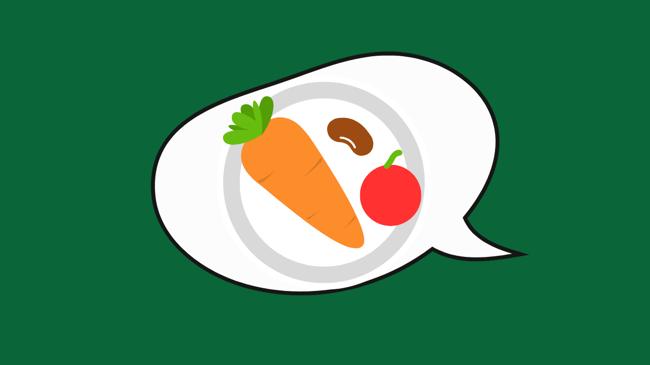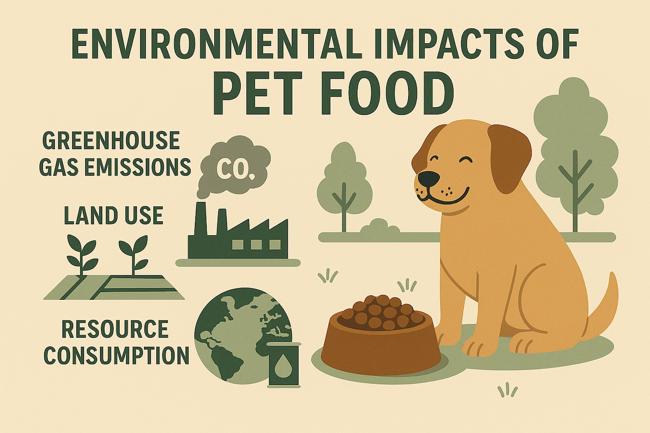Summary
Both plant-based and animal-based diets supported equal muscle growth during resistance training when protein intake was adequate. A new study examined how muscle protein synthesis responds to a nine-day diet combined with weight training,
Source: SciTechDaily

AI News Q&A (Free Content)
Q1: How does a well-planned vegan diet compare to an omnivorous diet in supporting muscle growth during resistance training?
A1: Recent research indicates that when protein intake is adequate, both vegan and omnivorous diets can support equivalent muscle growth during resistance training. While plant-based proteins often have lower digestibility and amino acid quality, combining various plant protein sources and utilizing cooking or fermentation can improve their bioavailability. This means muscle protein synthesis and strength gains can be comparable when dietary patterns focus on sufficient and diverse protein sources, according to a 2025 comprehensive review.
Q2: What are the key nutritional considerations for vegans aiming to build muscle, and how can they address potential deficiencies?
A2: Vegans aiming to build muscle should pay attention to nutrients commonly lower in plant-based diets, such as vitamin B12, vitamin D, iron, calcium, zinc, and long-chain omega-3 fatty acids. Supplementation, especially with vitamin B12, is recommended by nutritional experts. Consuming a variety of plant protein sources and fortified foods, and using supplements for critical nutrients, ensures all essential amino acids and micronutrients are available to support muscle growth.
Q3: What does the latest scientific literature reveal about the effectiveness of plant-based proteins in promoting muscle mass and strength?
A3: A 2025 review found that while animal protein supplementation has historically been linked to greater lean mass and strength, plant-based proteins, when consumed in adequate amounts and from diverse sources, can similarly support muscle protein synthesis and performance. The review emphasizes that modern dietary patterns, not isolated protein supplements, are crucial for muscle development, and effective plant-based strategies exist to meet these needs.
Q4: What are some practical strategies for vegans to maximize muscle protein synthesis during resistance training?
A4: Practical strategies for vegans include combining complementary plant proteins (such as legumes and grains) to obtain all essential amino acids, increasing total protein intake to offset lower digestibility, and choosing processed or fermented plant proteins to boost bioavailability. Ensuring adequate caloric intake and timing protein consumption around workouts can also enhance muscle protein synthesis.
Q5: What are the environmental and ethical motivations behind adopting a vegan diet for muscle building, and how do these compare with traditional approaches?
A5: Vegan diets are often chosen for muscle building due to concerns about animal welfare and the environmental impact of animal agriculture, such as greenhouse gas emissions and resource use. These motivations contrast with traditional muscle-building diets, which tend to rely heavily on animal proteins. Veganism aims to minimize harm to animals and reduce environmental footprints while still supporting athletic and health goals.
Q6: What does recent research say about the need for supplementation of specific nutrients, such as vitamin B12, in vegan athletes?
A6: Recent nutritional research and dietary guidelines agree that vegans, including athletes, must supplement vitamin B12, as it is not naturally present in plant foods. Deficiencies in vitamin B12 can lead to anemia and neurological issues. Fortified foods and supplements are effective ways to meet this requirement, and regular monitoring is recommended for optimal health and performance.
Q7: According to the latest comprehensive review, what are the main pros and cons of plant-based proteins for those pursuing muscle growth?
A7: The main pros of plant-based proteins include their association with lower saturated fat intake and increased fiber, folic acid, and phytochemicals, which confer various health and environmental benefits. The cons are lower digestibility and certain limiting amino acids, which can be addressed by combining different plant protein sources. The review concludes that, with proper planning, plant-based diets can effectively support muscle growth and strength development.
References:
- The Impact of Plant-Based Proteins on Muscle Mass and Strength Performance: A Comprehensive Review (2025) - https://link.springer.com/article/10.1007/s40279-025-01944-7
- Vegan nutrition - https://en.wikipedia.org/wiki/Vegan_nutrition





